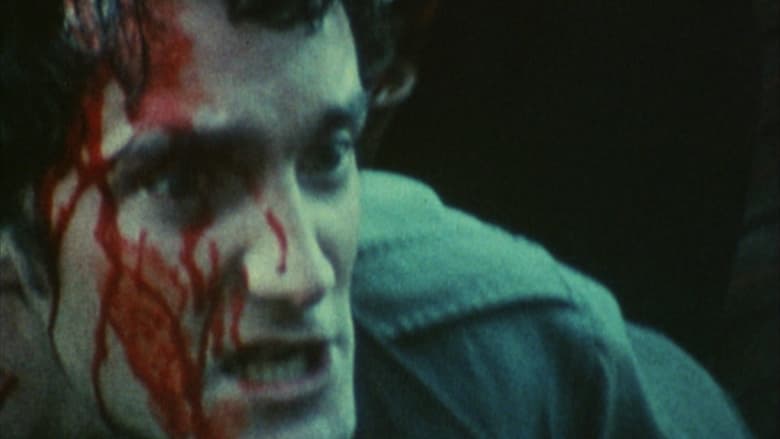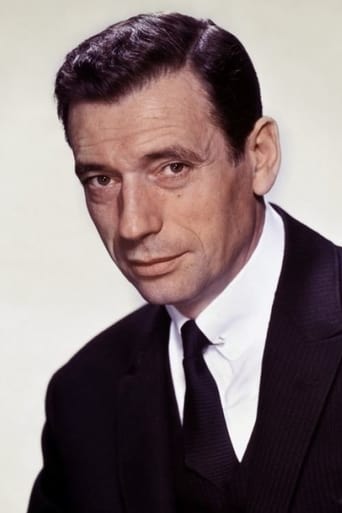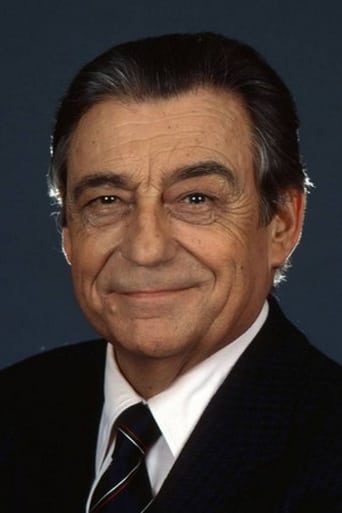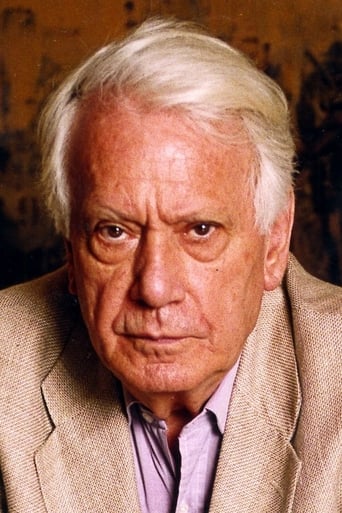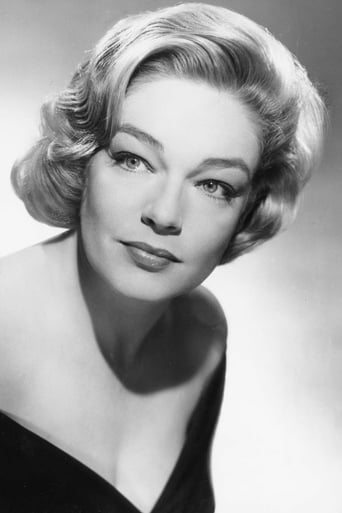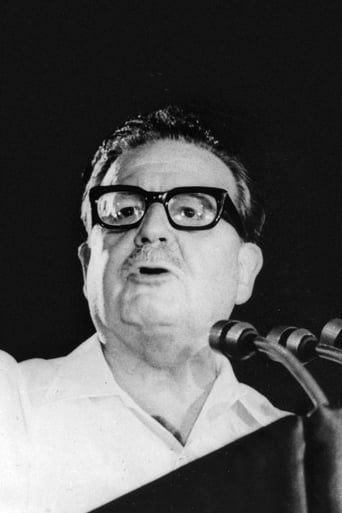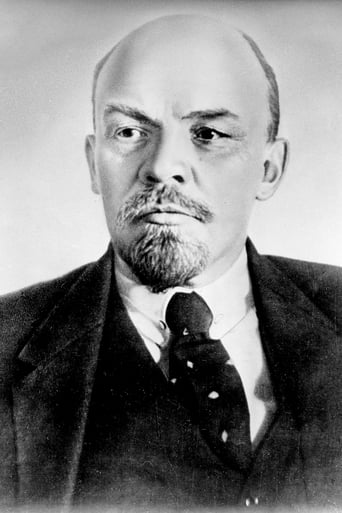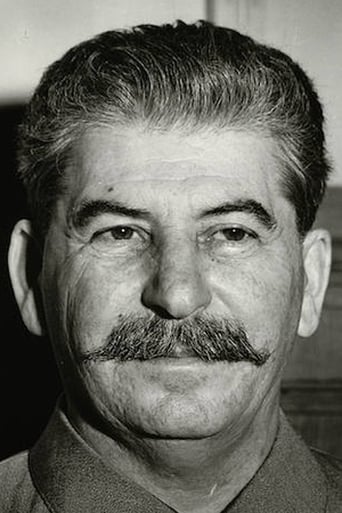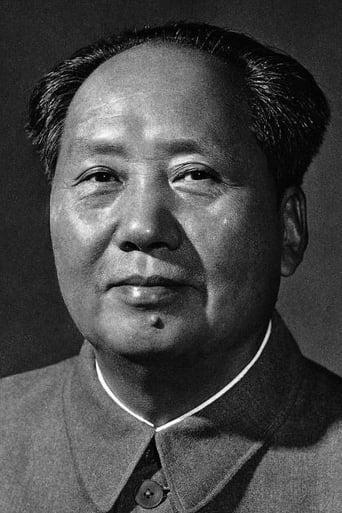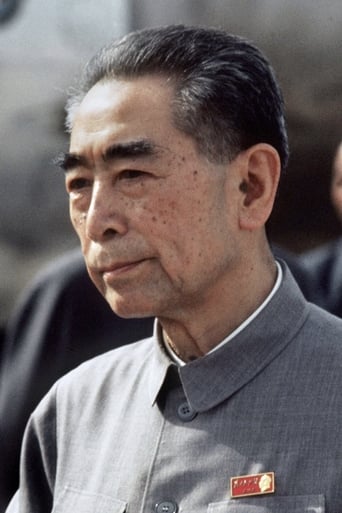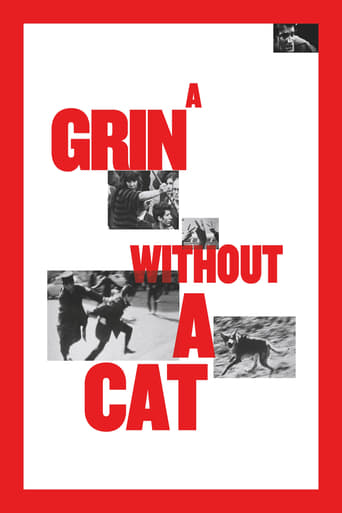
French essay film focusing on global political turmoil in the 1960s and '70s, particularly the rise of the New Left in France and the development of socialist movements in Latin America.
Similar titles

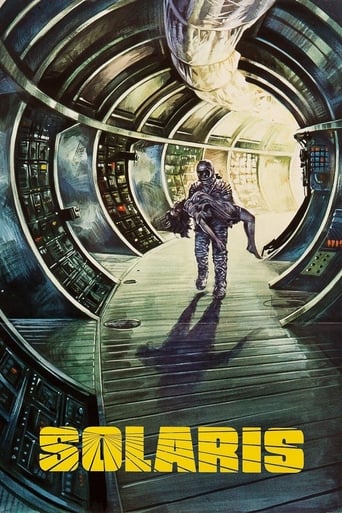
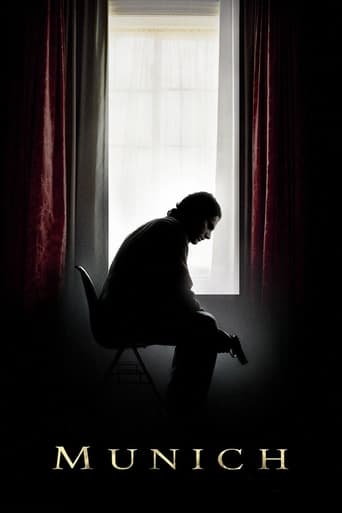


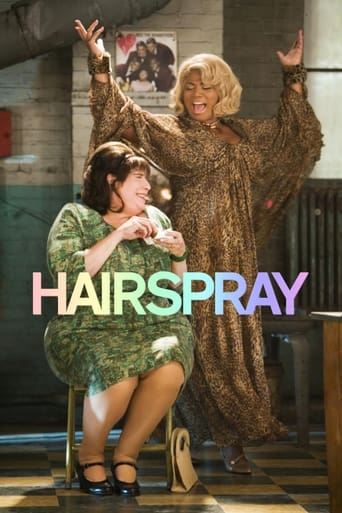
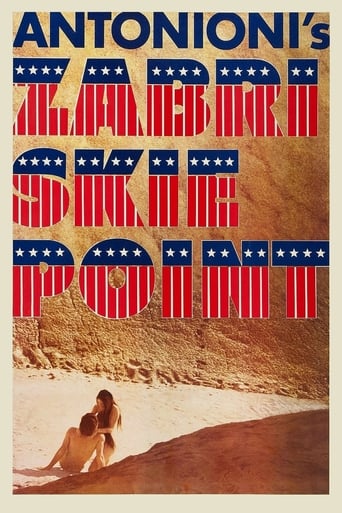
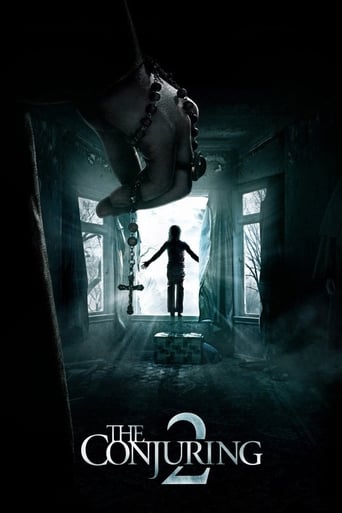
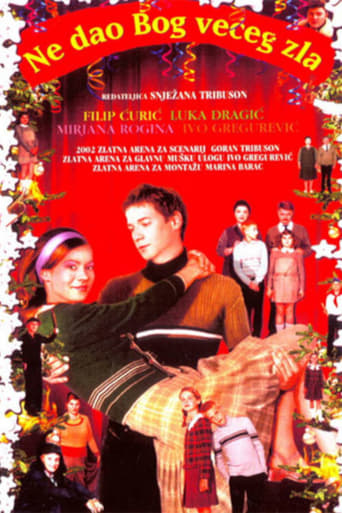
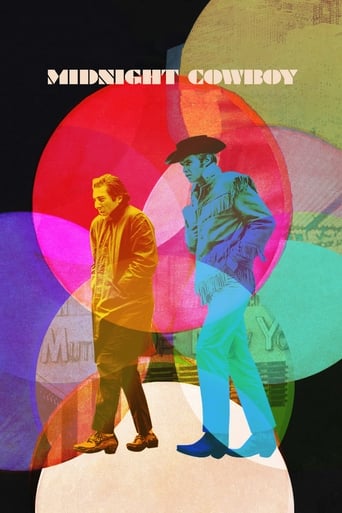
Reviews
Simply A Masterpiece
It is not deep, but it is fun to watch. It does have a bit more of an edge to it than other similar films.
Excellent and certainly provocative... If nothing else, the film is a real conversation starter.
By the time the dramatic fireworks start popping off, each one feels earned.
Although made when the period it covered had barely ended, Marker's doc is a superb, incisive film history of the short but eventful period of Third World Revolution and the New Left. He doesn't attempt to explore all the ideological, sectarian byways of the time, but to make us understand what it felt like, and why people involved believed so fervently that they were making history. He also shows us how it all came unraveled, thanks to domestic repression and political fakery in the developed countries and brutal intervention in the developing.One of the final clips (if memory serves) is most telling: Salvador Allende, months before his violent overthrow, delivering an electrifying speech to Chilean factory workers, urging them to ... accept layoffs and pay cuts. That's what it came down to, unfortunately: a boxed-in socialist president, doing his opponents' dirty work even as they prepared to murder him.Why Soderbergh? I just saw his marvelous, two-part "Che," and couldn't help but wonder if Marker's film was on his mind when he made it. Although a fiction film with actors, it also puts you close to the action and makes you feel what it was like to be taking part in 1) the momentous Cuban revolution and 2) the bitter failure of the Bolivian insurgency. Rise and fall, very much like the elation and then the dead-end that Marker gives us. Along the way, Soderbergh provides snapshots of his main character (now in black and white) giving speeches, interviews, explaining himself and his cause to American and UN audiences who couldn't be farther from the events Che was caught up in. The revolution is televised. Marker does the same thing with some of the footage he found, and interestingly, another Cuban revolutionary--Castro--was his charismatic star.One fine filmmaker paying tribute to one of the medium's greatest, perhaps? But see "Grin Without a Cat," and ask yourself why so few directors have any notion of the medium's potential.
When he officially abandoned the New Wave, Godard said that he no longer wanted to make "political films" but instead wanted to "make films politically." In Grin Without a Cat, Chris Marker manages to do both by presenting a Weberian genealogical analysis of revolution, and in doing so creates a more perfect kind of documentary. Focusing on specific events and individuals in an overarching context, he attempts much more than most political documentaries. He doesn't ask the question "How was the revolution successful or unsuccessful?" (although this is addressed), but the main inquiry is instead "Where does revolution come from, and once it's here, what function does it serve?" The breadth of the film is incredible, chronicling popular revolts in France, Vietnam, Cuba, Prague, Chile, Bolivia, China and others, but as many who have seen the film note, it moves incredibly fluidly, and the time spent watching it never seems to drag. There is also no lack of the flair of style seen in Marker's most popular works, Sans Soleil and La Jetee. In short, anyone with an interest in the documentary form will tremendously enjoy this film, though it is a bit depressing. Like politics itself, there are no heroes presented, only victims, oppressors, and the idealistically misinformed.
I know that I am supposed to like this film. Unfortunately, as it is almost strictly for the political converts, I didn't.It is basically a collection of unused film footage from the late 60s and early 70s, showing significant moments in the leftist revolution, and how they dropped the ball, i.e. a "grin" without a cat. Yawn! Watching home movies of a leftist movement that compromised itself out of existence is not very satisfying.Film students may find appreciation of this work, but after watching Marker's most famous creation, "La Jetée", I expected more.Despite the fact that it was reworked, it just didn't measure up to my expectations.
I saw the director's re-cut version that removed an hour of material from the films original four hour running time (something Marker said needed to be done).The film opens with one of the most stunning things ever put on film footage of political protest and violence inter-cut with the Odessa Steps sequence from the Battleship Potemkin. As one comment I read pondered, was Sergei Eisenstein that a head of the curve that he mapped out what political violence would look like in the future or has that always been the way its looked? I don't know. Next the film moves on to show a US pilot describing in detail what he's doing and why its "outstanding" to Napalm the people of Viet Nam. If that doesn't rattle your cage little will. From there the film moves on to various Political protests and wars around the world and we're left to ponder what it all means. Marker plays no favorites and in a way every side comes off looking less then perfect.Marker shows as the footage, lets the people speak for themselves and uses various other voices for narration. I'm still pondering what it all means. I know watching a three hour movie around midnight was a bad thing to do, but this is a film you fall into, it drags you along as you kick and scream at it because you don't want to think at the level that this film asks you to. I'm not sure what I make of it all, and I know that I'll need to go through this a couple more times, but I'm glad I've seen it and have been forced to confront its issues.On a personal note- I watched Chicago 10, in the middle of watching the parts of this film and I found that Marker's film changed the way I see the anti-war protests of the 1960's. Chicago 10 is about the trial that followed the riots during the Democratic Convention in 1968. Seeing part of Grin before Chicago 10 it suddenly becomes clear that as much as what happened in Chicago was important in that it started things moving toward the end of Viet Nam and other things, it was also something that in the scale of things didn't have huge stakes. You didn't have the Soviet Army marching into retake control of Prague. You didn't have the political violence that was going on in Bolivia or Africa or elsewhere. Where elsewhere in the world you had people dealing with the political ramifications of their actions on a one to one level, here in the US you had Abbey Hoffman and several other members of the Chicago Ten treating it all as if it was a joke on some level. Yes there was injustice and violence, but not so many people were dying and no one was tying Hoffman to a chair and torturing him for the hell of it. I'm not one to take things seriously, but at the same time in the face of what was going on elsewhere in the world the jokes really come off as ill advised. For me, who was raised to see Hoffman and many of the Chicago ten as heroes of a sort, seeing them in action, especially in light of other political movements, kind of make them seem like rich jerks.Clearly Grin without a Cat has changed how I see the world.
Top Streaming Movies











